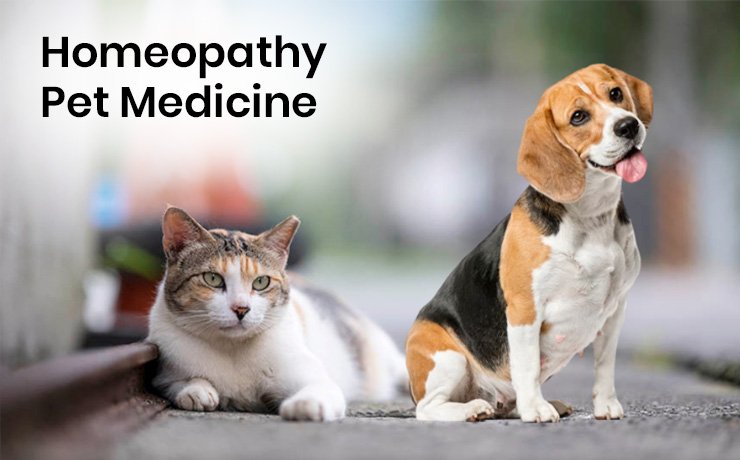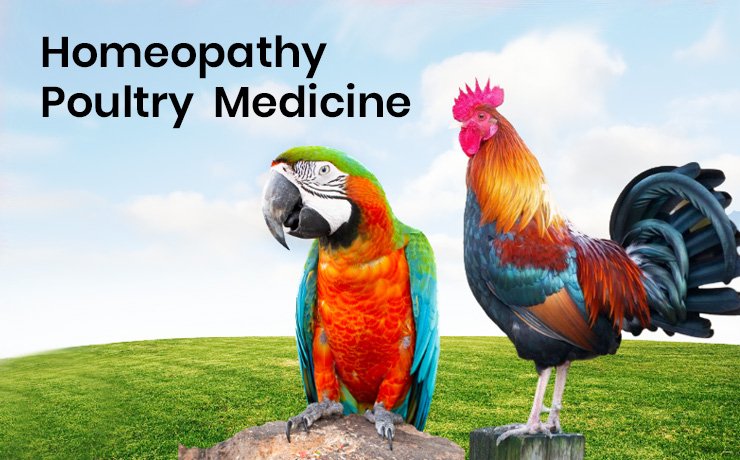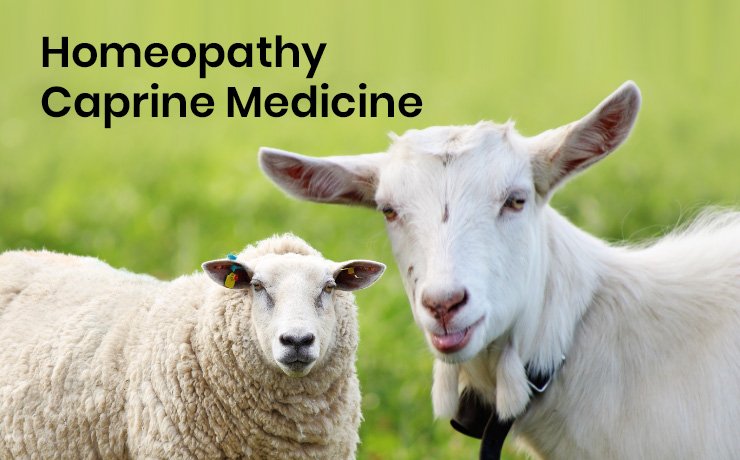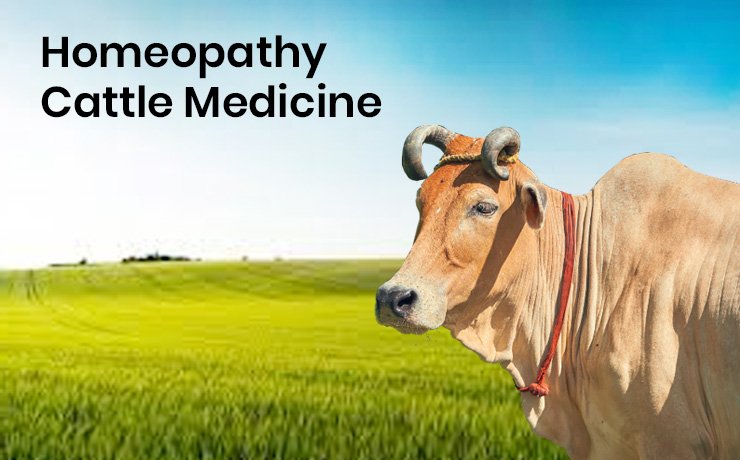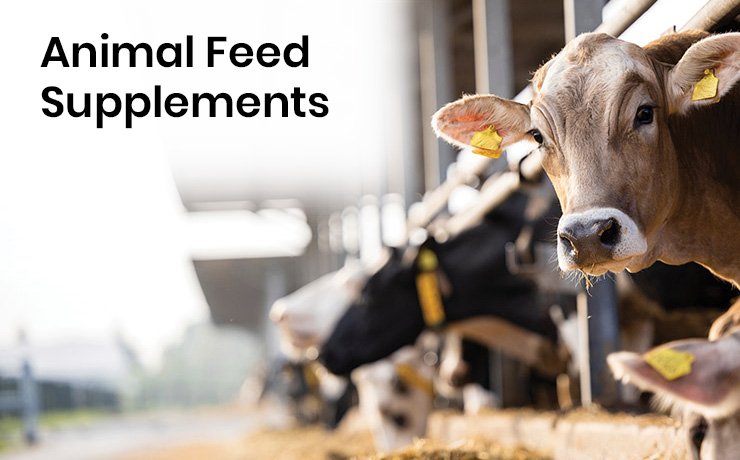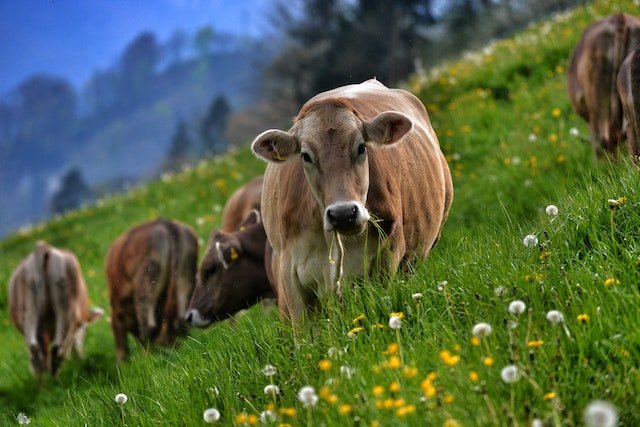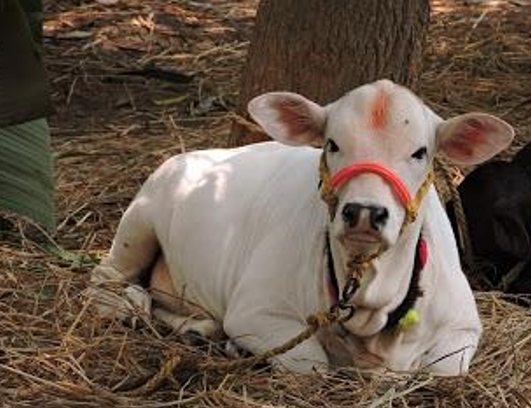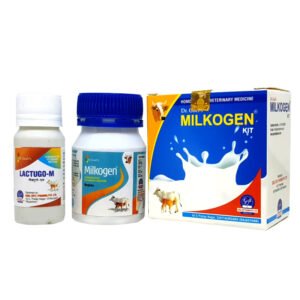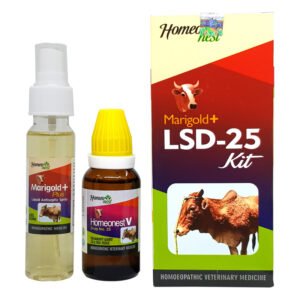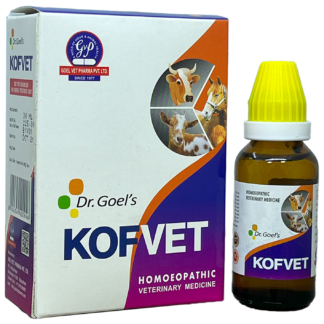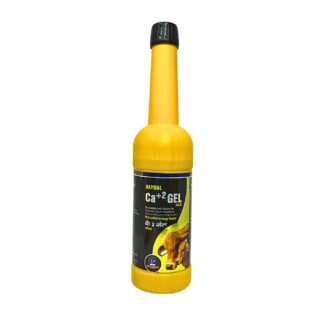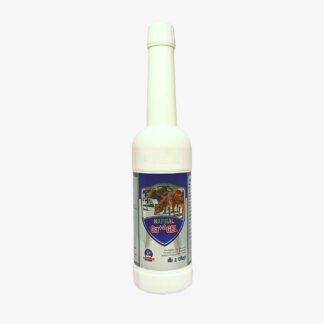Goat Farming In India: The Growing Industry
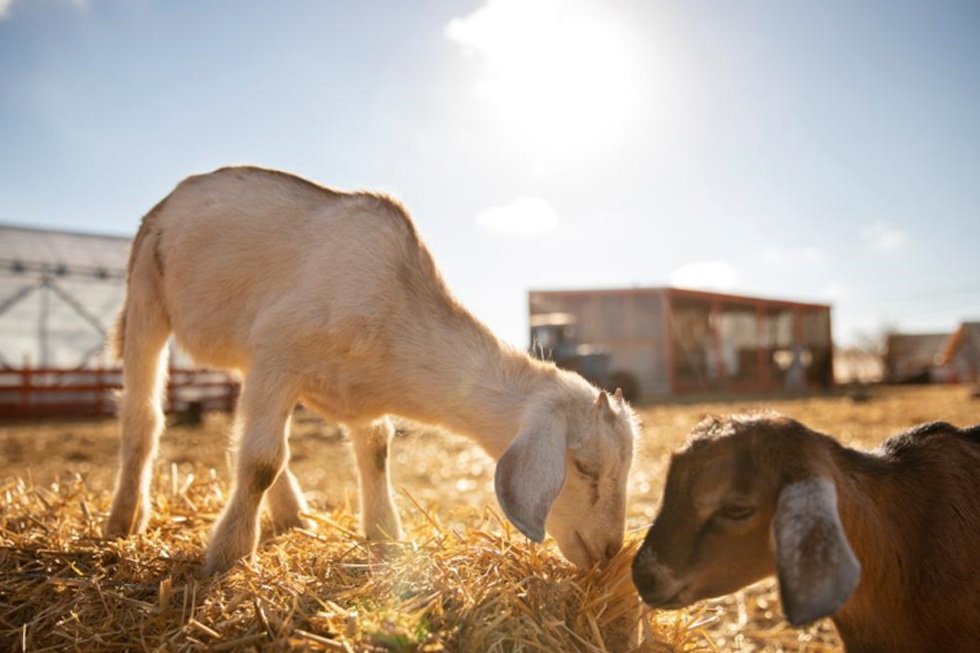
Goat rearing or goat farming is one of the major contributors to the animal husbandry sector of our country. Goat farming is an extremely profitable and sustainable business due to several reasons. Firstly, goats are hardy in nature, and they can adapt to various climatic conditions. They can thrive in arid and semi-arid regions, making them ideal for the Indian climate.
Secondly, goats are prolific breeders, and their gestation period lasts for only five months. This means that a farmer can quickly increase his herd size in a short period. Thirdly, goats are versatile animals that can be reared for meat, milk, and fiber. This gives farmers multiple streams of income from a single animal. Goats are reared specifically for meat purposes in our country.
It is amongst one of the most sought-after livestock practices after the milk/dairy industry. Apart from meat, goats are also reared for their milk as well as fiber, making them one of the most profitable animals to rear. India is the world’s largest producer of goat milk and the third-largest producer of goat meat, which highlights the significance of goat farming in the country.
Goat farming in India is quite a lucrative business as the inputs are significantly lesser than the outputs or returns. The returns are quite high which is why this industry continues to grow exponentially.
Goats are quite versatile and can adapt easily to various environments and are hardy in nature. They require less investment and time as well. Thus, they are an ideal choice for animal husbandry farmers. Let us have a look at goat farming in various states in India.

Goat Farming in Rajasthan
Goat farming is an extremely important source of livelihood for many marginal farmers in the Indian state of Rajasthan. This state in particular has semi-arid and arid regions that are well-suited for goat rearing. The demand for goat meat, as well as goat milk, is high in this state, making Goat rearing a profitable enterprise for animal husbandry farmers.
Breeds of Goats in Rajasthan
Rajasthan has many indigenous breeds of goats such as the Marwari, Malwa, Jodhpuri, and Sirohi.
The Marwari goat is the most popular breed in Rajasthan and is known for its high meat quality and adaptability to harsh climatic conditions. One of the most distinctive features of the Marwari goat is its long, drooping ears which are often referred to as “pendant ears.”
In Rajasthan, goats are reared in open grazing systems, where they roam freely and feed on natural vegetation.
Goats can also be reared in different types of housing structures, such as sheds, pens, or open yards. Goats in Rajasthan are mostly fed on natural vegetation, such as shrubs, leaves, and grasses. However, during the dry season, when natural vegetation is scarce, farmers supplement the diet with dry fodder, such as wheat straw, bajra straw, and maize stalks.
In Rajasthan, goat meat is in high demand, especially during certain festivals and weddings. Farmers usually sell their goats at local markets/ melas or to meat processing units.

Goat Farming In Tamil Nadu
The state of Tamil Nadu is known for its diverse agro-climatic conditions and good agricultural resources, which make it very suitable for goat farming. Goats are an important source of income for many small and marginal farmers in the state.
Goat farming in Tamil Nadu is mainly concentrated in the western districts of Coimbatore, Erode, Namakkal, Salem, Tirupur, and Dindigul. These districts are well known for their favorable climatic conditions and abundant vegetation, thereby providing a suitable environment for the growth and development of goats.
Breeds of Goats in Tamil Nadu
The most commonly found breeds in Tamil Nadu are the Sirohi, Jamunapari, Boer, and Osmanabadi. These breeds are preferred for their high meat yield and their excellent adaptability to the local climate.
The goats are usually reared under traditional systems, intensive goat farming, which involves housing the animals and providing them with supplementary feed and healthcare. The state is also known for its famous non-vegetarian cuisine, which includes many goat meat dishes.
Goat farming has several advantages in Tamil Nadu. It is a low-cost activity that requires minimal investment and can generate a regular income for small and marginal farmers. Goats are also known for their ability to thrive in marginal lands and utilize vegetation that is not suitable for other livestock. This makes them an asset in regions with limited agricultural resources.

Goat Farming in Maharashtra
Maharashtra is one of the largest states in India and goat farming has an important space in the animal husbandry sector of this state. Again, goats play an important role in improving the livelihood of many small and marginal farmers in this state.
Goat farming in Maharashtra is mainly concentrated in the western districts of Pune, Kolhapur, Satara, Sangli, and Solapur. These districts are known for their favorable climatic conditions and abundant vegetation, which provide a suitable environment for the growth and development of goats.
Breeds of Goats in Maharashtra
The most commonly raised breeds in Maharashtra are the Osmanabadi, Malabari, Beetal, and Jamunapari. These breeds are given preference owing to their high meat yield and adaptability to the local climate. The goats are usually reared under traditional systems, with free-range grazing and minimal inputs.

Goat Farming In Karnataka
Goat farming in Karnataka is mainly concentrated in the northern districts of Belgaum, Dharwad, Bijapur, and Bagalkot, as well as in the southern districts of Mysore, Mandya, and Chamarajanagar. These districts are known for their perfect climatic conditions and abundant vegetation, thus providing a suitable environment for the growth and development of goats.
Breeds of Goats in Karnataka
The most commonly raised breeds in Karnataka are the Malabari, Osmanabadi, and Jamunapari. These breeds are preferred for their high meat yield and adaptability to the local climate.

Goat Farming In Telangana
There are several breeds of goats reared in Telangana, each with its unique characteristics. The most common breeds are the Osmanabadi, Sirohi, and Tellicherry goats.
The Osmanabadi goat is native to the state of Maharashtra but is also reared in Telangana. It is a hardy breed that can adapt to various climatic conditions. The Osmanabadi goat is primarily reared for meat production. On average, an adult Osmanabadi goat can produce around 15-20 kg of meat.
The Sirohi goat is a medium-sized breed that is mainly reared for meat production. It is known for its high-quality meat and is popular among consumers.
The Tellicherry goat is a breed native to the state of Kerala but is also reared in this state. The Tellicherry goat also known as the Thalassery goat is known for its high milk production, which is rich in many nutrients and has a high-fat percentage thus, making it an ideal source for producing various kinds of milk-related products. However, this breed is primarily reared for meat production, but it is also used for milk production.
There are many big goat farms in India, however, the state of Telangana houses one of the biggest goat farms in India -The Al-Noor Goat Farm, located in Hyderabad, Telangana.
The Al-Noor Goat Farm is spread over 10 acres of land and has over 15,000 goats of various breeds, including Sirohi, Boer, and Jamunapari. The farm uses modern techniques and equipment for breeding, feeding, and managing the goats.
In conclusion, the goat farming industry in India has been rapidly growing over the years, with more and more farmers realizing the potential of goat farming as a profitable business. The industry has been boosted by the growing demand for goat meat, milk, and other products, both domestically and internationally. Additionally, research and development efforts are ongoing to improve the genetics, feeding, and management practices of goats to increase the productivity and profitability of this industry.
The Goat industry has the potential to provide a sustainable livelihood for millions of farmers across the country and contribute significantly to the national economy. By addressing the challenges faced by the industry and adopting modern techniques and practices, farmers can realize the full potential of goat farming and contribute to India’s growing agricultural sector.
Read More:

 Australian Shepherd
Australian Shepherd Beagle
Beagle Belgium Shepherd
Belgium Shepherd Bernese Mountain Dog
Bernese Mountain Dog Border Collie
Border Collie Boxer
Boxer Bulldog
Bulldog Cavalier King Charles Spaniel
Cavalier King Charles Spaniel Chihuahua
Chihuahua Cocker Spaniel
Cocker Spaniel Dachshund
Dachshund Doberman Pinscher
Doberman Pinscher Dogo Argentino
Dogo Argentino French Bulldog
French Bulldog German Shepherd
German Shepherd Golden Retriever
Golden Retriever Great Dane
Great Dane Himalayan Shepherd
Himalayan Shepherd Indie Dogs
Indie Dogs Labrador Retriever
Labrador Retriever Pakistani Bully
Pakistani Bully Pembroke Welsh Corgi
Pembroke Welsh Corgi Pitbull
Pitbull Pomeranian
Pomeranian Poodle
Poodle Pug
Pug Rottweiler
Rottweiler Shih Tzu
Shih Tzu Siberian Husky
Siberian Husky Yorkshire Terrier
Yorkshire Terrier Abyssinian
Abyssinian American Bobtail
American Bobtail American Shorthair
American Shorthair Balinese Cat
Balinese Cat Bengal Cat
Bengal Cat Birman
Birman Bombay Cat
Bombay Cat British Longhair
British Longhair British Shorthair
British Shorthair Burmese Cat
Burmese Cat Devon Rex
Devon Rex Exotic Shorthair
Exotic Shorthair Himalayan Cat
Himalayan Cat Maine Coon
Maine Coon Oriental Shorthair
Oriental Shorthair Persian Cats
Persian Cats Ragdoll
Ragdoll Scottish Fold
Scottish Fold Siamese Cat
Siamese Cat Siberian Cat
Siberian Cat Sphynx Cat
Sphynx Cat



















